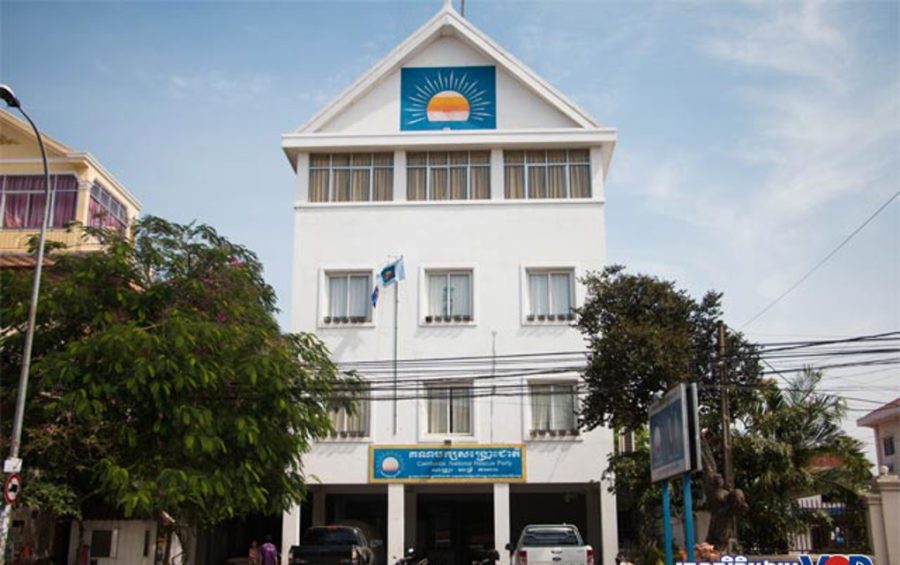The Phnom Penh Municipal Court has released on bail a former CNRP public affairs officer accused of “plotting” after an investigating judge placed him under court supervision, a court spokesperson said on Tuesday.
Oeur Narith was released on Monday afternoon, spokesperson Y Rin said, after police arrested Narith, a former assistant of party vice president Mu Sochua, and accused him of collecting money from abroad to fund a local movement to overthrow the government. Sochua has denied the accusation.
Rin did not answer questions from VOD about the terms of Narith’s bail.
Municipal police spokesperson San Sokseyha said the court released Narith on Monday at around 3:30 p.m. after questioning.
“If [the court] investigates and has clear evidence, they will implement [the law] but if there is nothing to incriminate, they will free [him],” Sokseyha said.
Narith was arrested on Sunday based on a court order for his alleged involvement in collecting funds to support members of the outlawed main opposition party, which was dissolved in 2017.
Sokseyha claimed on Monday that Narith began to funnel funds to CNRP activists in Cambodia last year, and continued till the day he was arrested.
But Sochua told VOD that the government was “making it a crime against anyone having contact with CNRP when they have no other excuses to arrest innocent people.”
If convicted of plotting, Narith faces five to 10 years in prison. He was imprisoned from 2014 to 2018 for participating in an “insurrection” in connection to a protest against the closure of Phnom Penh’s Freedom Park, alongside five CNRP parliamentarians, including Sochua.












